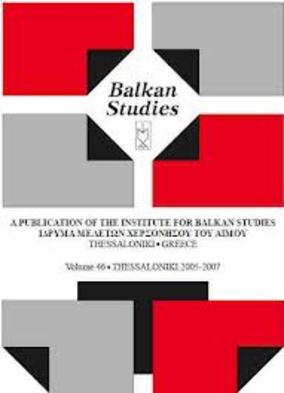The Romanian Enlightenment in Transylvania
Part of : Balkan studies : biannual publication of the Institute for Balkan Studies ; Vol.40, No.1, 1999, pages 117-128
Issue:
Pages:
117-128
Section Title:
Articles
Author:
Abstract:
This paper suggests that a significant variant of the European Enlightenmentarose among the Romanian intellectual elite in Transylvania in the latterdecades of the eighteenth and the early decades of the nineteenth century.Against the background of both the general Enlightenment and the prevailingpolitical and social conditions in Transylvania, it attempts to identify thespecific characteristics of what may be called the Romanian Enlightenment. Todo so, it analyzes the works of three leading representatives of the Romanianelite —Samuil Micu, Gheorghe §incai, and Petru Maior— and examines theirrelationship with the Habsburg Court of Vienna, particularly with Joseph II. Itis evident that the Romanian elite adhered to certain salient principles of the European Enlightenment, notable faith in reason and knowledge and a commitmentto apply these instruments to the improvement of the human condition.But in even greater measure they were preoccupied with the idea ofnation. It was their striving to interweave the tenets of the European Enlightenment,which was essentially cosmopolitan, with the aspirations ofnationhood, which were ethnic and particular, that gave the Romanian Enlightenment its distinctive character.
Subject:
Subject (LC):
Keywords:
Romanian enligthenment




